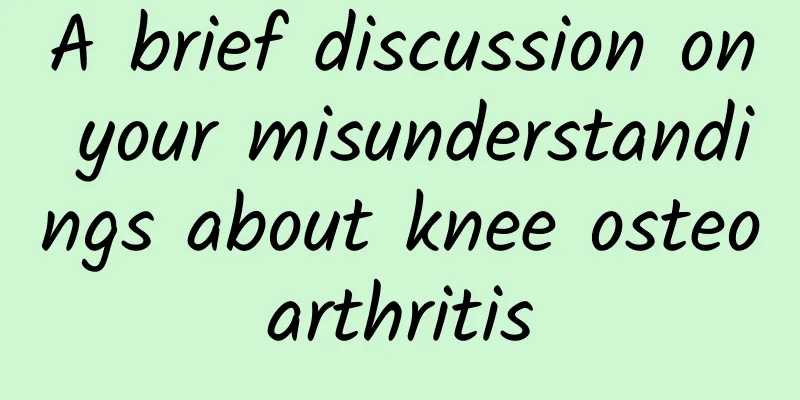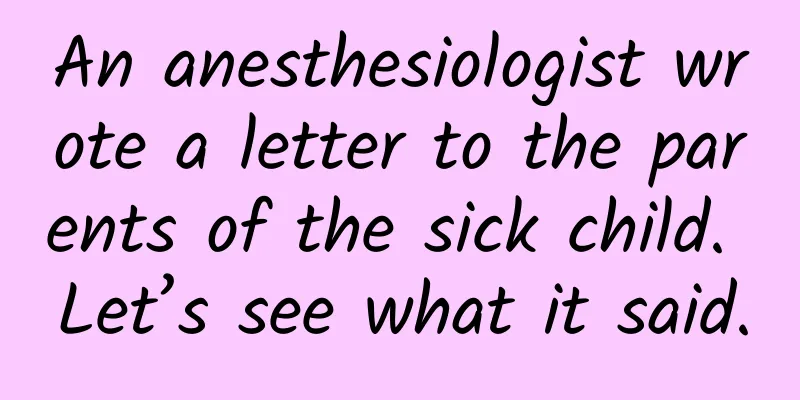What should I do if my chest hurts after being hit?

|
Many people do not intend to fight or cause trouble, but because of accidents or drunkenness, they have disputes with others, and physical conflicts are inevitable. If they are not careful, they will be injured. Most people will hit others directly in the chest, because the chest can make people retreat and prevent others from rushing up. So what should you do if it hurts after being hit in the chest?
The emergency treatment of chest injuries includes two parts: first aid treatment before admission to hospital and emergency treatment after admission to hospital. Pre-hospital emergency treatment Includes basic life support and emergency treatment of severe chest injuries. The principles of basic life support are: maintaining unobstructed breathing, giving oxygen, controlling external bleeding, replenishing blood volume, providing analgesia, fixing long bone fractures, protecting the spine (especially the cervical spine), and rapid transfer. Severe life-threatening chest trauma requires special first aid treatment on the spot: tension pneumothorax requires placement of a thoracentesis needle with a one-way valve or closed chest drainage; open pneumothorax requires rapid bandaging and closure of the chest suction wound, and placement of the above-mentioned puncture needle or drainage tube if conditions permit; artificial respiration should be given to patients with flail chest, large areas of chest wall softening and breathing difficulties.
Most chest injuries can be alleviated or even life-saving through relatively simple treatment. Only 10%-15% of patients require thoracotomy. Therefore, the surgical indications and timing of surgery for chest trauma should be strictly controlled. If there are clear surgical indications, thoracotomy should be performed in a timely manner. Indications for emergency thoracotomy 1. Progressive bleeding in the pleural cavity 2. Damage to the heart and large blood vessels 3. Severe lung laceration or tracheal or bronchial injury 4. Esophageal rupture5. Combined chest and abdominal injuries 6. Large chest wall defect 7. Large foreign body left in the chest |
>>: I didn't have my period but there was some blood
Recommend
Tips on nutrition and feeding standards for premature infants
Premature babies are babies born before 37 weeks ...
Treatment of postmenopausal breast hyperplasia
Many middle-aged female friends are in menopause....
Why does a woman's knee hurt?
Due to their different physiological structures, ...
What should I pay attention to when my uterus recovers after induced abortion?
With the continuous improvement of living standar...
What if I have my period twice a month?
Many women feel very uncomfortable because they h...
The cool breeze blows, and the cold dew falls - TCM health care suggestions for the cold dew season
Author: Ma Dan Hubei University of Chinese Medici...
Self-identification and relief of psychological pain in patients with gynecological tumors
Gynecological cancer refers to tumors involving t...
How many years after cesarean section can you get pregnant? Women must know
Cesarean section is a common method of delivery i...
What to do if you have sex after abortion
Abortion surgery causes great trauma to the uteri...
Causes of high heart rate on fetal heart monitoring
Fetal heart rate monitoring is mainly used to che...
Causes of recurrent bacterial vaginosis
Most married women often suffer from vaginitis. T...
How to make pig heart soup for pregnant women
As a woman's pregnancy progresses, her body w...
How to deal with miscarriage during pregnancy
Sometimes there are things that you can't cho...
Is medical abortion plus uterine curettage really that dangerous?
I believe many people have heard about how much h...
Vaginal tightening surgery process diagram
Vaginal tightening surgery is an important treatm...









